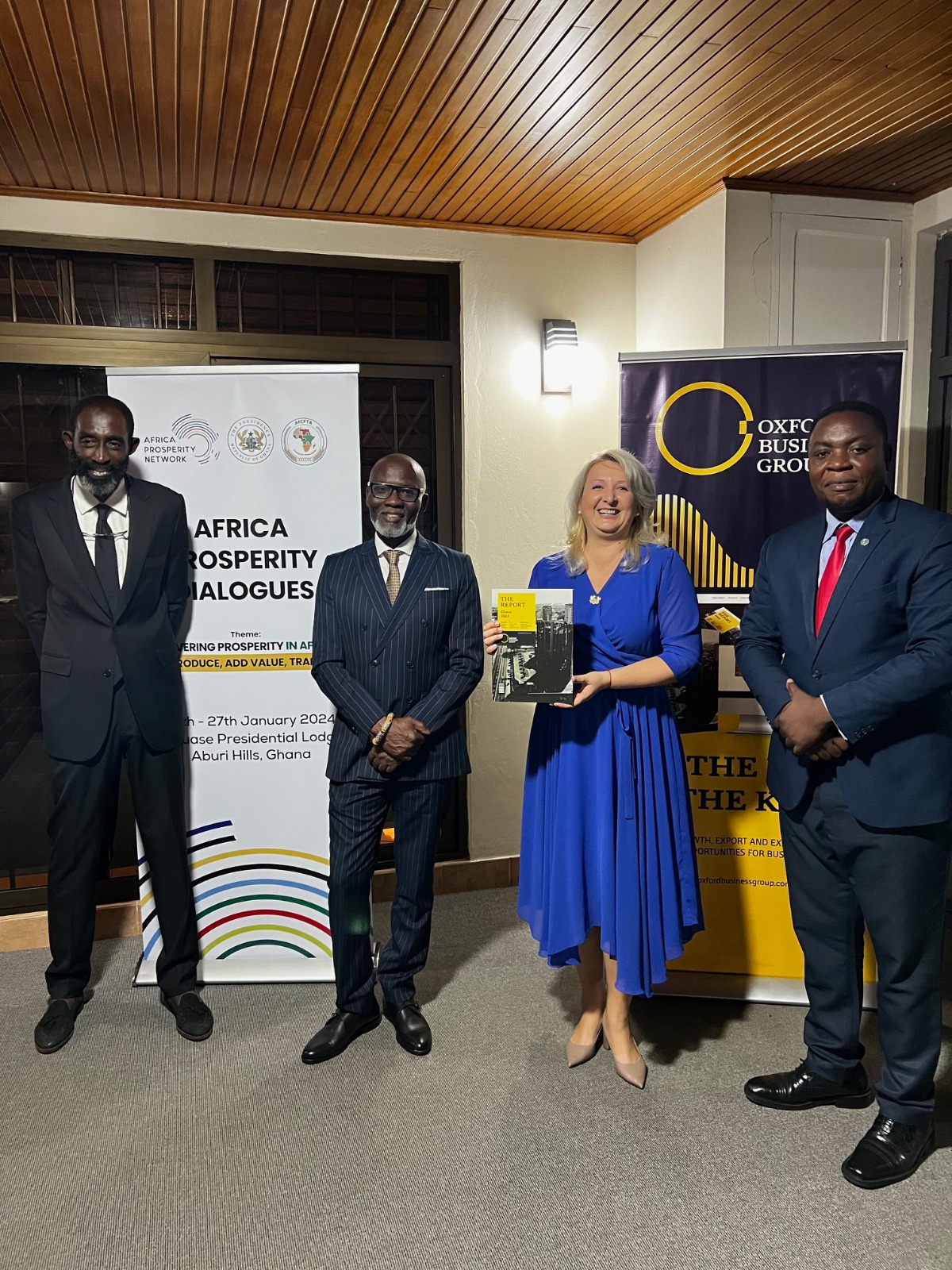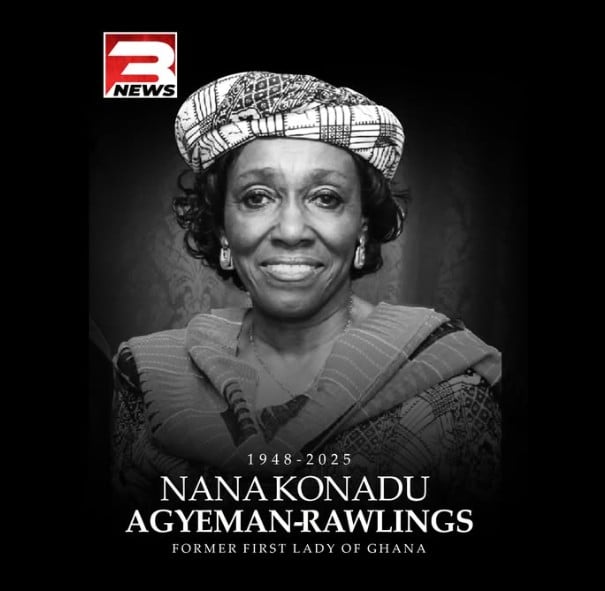
In today’s rapidly evolving business landscape, leadership is at a crossroads. While technology, globalization, and market dynamics continue to reshape the corporate world, the most urgent transformation remains moral and human: How should we lead?
For far too long, management has been defined by dominance rather than dialogue—by patriarchy, not partnership. In many African and global institutions, leadership is still tethered to outdated models that equate authority with control, knowledge with power-hoarding, and success with profit at all costs.
The result? Organizations that may thrive financially in the short term but fracture ethically, socially, and culturally over time.
This article argues that it is time to rethink leadership—not simply by introducing new tools or trends, but by restoring core human values to the center of management. Drawing from African philosophy, global thought leaders, and contemporary research, we explore a new leadership paradigm rooted in morality, knowledge-sharing, and inspiration.
These are not soft values; they are strategic imperatives that build trust, unlock innovation, and create resilient, purpose-driven organizations.
From the wisdom of Ubuntu to the warnings of Peter Drucker, from the lived experiences of African CEOs to the insights of behavioral science, this piece offers a blueprint for leaders ready to evolve—from command to collaboration, from hierarchy to humanity, and from patriarchy to partnership.
This first in a 2-part series opens that dialogue. It is a call to shift from dominance to dignity, from control to collaboration, and from power-hoarding to purpose-sharing. The second part will provide suggestions on how to achieve it.
Lessons for Africa and Beyond
The notion that “there’s no morality in business” has unfortunately become a self-fulfilling prophecy in many corporate environments, both in Africa and across the globe. As the late management thinker Peter Drucker warned, “Management is doing things right; leadership is doing the right things.” When businesses ignore the “right things”—ethics, justice, transparency, and humanity—they not only erode trust within their organizations but also destabilize the larger economy. The African Management Development Institutes’ Network (AMDIN) notes that unethical leadership has “undermined governance and institutional integrity” across public and private sectors, creating a ripple effect that manifests as poor productivity, corruption, and social discontent (AMDIN, 2021).
Historically, management has been patriarchal and hierarchical—what the Ghanaian scholar Prof. Stephen Adei, former Rector of GIMPA, describes as “a carryover from colonial bureaucracies where managers were masters, not mentors.” Such an approach has led to what can be called managerial alienation, where leaders hoard knowledge and decision-making power, treating employees as subordinates rather than partners in value creation. The result is an organizational culture of fear and silence. As Nelson Mandela once observed, “A leader… is like a shepherd. He stays behind the flock, letting the most nimble go out ahead, whereupon the others follow, not realizing that all along they are being directed from behind.” This metaphor underscores that true leadership inspires and guides rather than dominates and intimidates.
The African Union’s Agenda 2063 stresses the need for “ethical, people-centered leadership” as a foundation for Africa’s transformation, recognizing that moral management is inseparable from sustainable development. Similarly, the World Economic Forum in its 2023 Global Risks Report identifies “erosion of social cohesion” as a top business risk—one directly tied to poor governance, widening inequality, and unethical leadership behavior.
To help the situation, management must rediscover morality—defined by the Concise Oxford Dictionary as “a system of values and moral principles.” Morality in business requires more than compliance; it requires conscience. One of the key values modern management should embrace is generosity—not only in sharing financial rewards but also in disseminating knowledge, opportunities, and information. Studies by Harvard Business Review (HBR, 2020) have shown that organizations with transparent and empowering leadership models outperform their peers in innovation and employee engagement. Likewise, a PwC Africa CEO Survey (2023) revealed that 79% of African CEOs now recognize “trust and purpose-driven culture” as essential to organizational resilience.
Another vital moral value is inspiration—the capacity to motivate people by example rather than coercion. As Nigerian economist and former Minister of Finance Dr. Ngozi Okonjo-Iweala emphasized, “Leadership is not about power; it is about empowering others to act.” When managers lead with moral vision, they create environments where employees feel valued and motivated to contribute their best.
Hence, management that upholds morality builds not just profitable enterprises but also sustainable communities. The future of business in Africa—and indeed the world—depends on replacing the old paradigm of managerial patriarchy and fear with one of ethical partnership, transparency, and shared prosperity. As Kofi Annan wisely put it, “Good governance is perhaps the single most important factor in eradicating poverty and promoting development.” The same holds true in corporate governance: without moral management, businesses may profit in the short term but fail society in the long run.
Knowledge in Motion: Why Sharing Is the Lifeblood of Modern Leadership
Knowledge is a living resource—like water, it stagnates when hoarded and flows freely when shared. The analogy of the cistern beautifully illustrates this principle: “Unless you flush it, no fresh water runs in.” Knowledge, like water, must circulate to remain fresh and useful. When managers or leaders keep information to themselves out of fear, pride, or control, they not only impoverish their teams but also impede their own growth. As Kenyan scholar Prof. Bitange Ndemo, former Permanent Secretary of the Ministry of Information and Communication, once observed, “Knowledge sharing is the currency of the new economy. Those who hoard it stagnate; those who spread it multiply it.”
From a management perspective, knowledge sharing is not merely a moral choice—it is a strategic imperative. The World Bank (2020) emphasizes that “knowledge is the world’s most important resource,” and that economies and institutions thrive when they foster “learning, openness, and collaborative innovation.” Conversely, when managers isolate information within silos, they create environments of mistrust and inefficiency. Research by Harvard Business Review (HBR, 2018) confirms that companies where leaders actively share knowledge “achieve higher innovation rates, faster problem-solving, and stronger employee loyalty.”
In Africa, the philosophy of Ubuntu—“I am because we are”—captures the moral essence of knowledge sharing. The late South African Archbishop Desmond Tutu explained that “Ubuntu is about our interconnectedness; you cannot be human all by yourself.” Applied to management, Ubuntu means leaders must recognize that their knowledge is not their own possession but a communal asset meant to empower others. This African ethic aligns with the United Nations Economic Commission for Africa (UNECA), which in its 2022 report on Knowledge Economies in Africa stressed that “knowledge-sharing cultures are essential for building adaptive, innovative, and inclusive organizations.”
When management withholds information, it risks operating with outdated or incomplete knowledge. What may appear as expertise could, in fact, be “stale water.” True learning happens in exchange—when ideas are tested, refined, and enriched through dialogue. According to Peter Senge, author of The Fifth Discipline, “The only sustainable competitive advantage is an organization’s ability to learn faster than the competition.” Learning faster, however, depends on sharing faster—transforming individual insights into collective intelligence.
Moreover, the psychological and motivational benefits of open knowledge flow are immense. Studies from McKinsey & Company (2021) found that teams that practice transparent communication and knowledge sharing “report 25–30% higher morale and productivity.” Employees feel valued when they are trusted with information, and this trust inspires them to take initiative and innovate. As Ghanaian business ethicist Dr. Samuel Koranteng-Pipim puts it, “When leaders pour into others, they themselves are replenished; when they hoard, they soon run dry.”
In essence, sharing knowledge is both practical and moral. It keeps the intellectual ecosystem of an organization vibrant, honest, and adaptive. It renews management’s own insight while empowering employees to perform at their best. Just as stagnant water breeds decay, unshared knowledge breeds arrogance, irrelevance, and decay of purpose.
So, the lesson is clear: to keep our professional and organizational waters clean, we must keep them flowing. Managers who share not only refresh others but are themselves refreshed.
The Power to Awaken: Why Inspiration Is the Engine of Transformational Leadership
To inspire, according to the Concise Oxford Dictionary, is to “fill with the urge or ability to do or feel something.” Inspiration, therefore, is the spark that ignites human potential—the unseen force that transforms will into ability. The old adage, “Where there’s a will, there’s a way,” encapsulates this truth: when people are filled with purpose and conviction, the means to achieve their goals naturally follow. As the renowned psychologist Abraham Maslow argued in his Theory of Motivation (1943), human beings are driven not merely by survival needs but by the desire for growth, creativity, and self-actualization. To inspire, then, is to awaken this latent energy within individuals and direct it toward meaningful achievement.
The simple analogy of learning to drive captures this well. Many who were never formally taught to drive acquire the skill out of sheer fascination and passion. The will to act precedes the ability to perform. Similarly, in organizations, when managers succeed in creating enthusiasm, curiosity, and purpose among their employees, they awaken talents that formal training alone cannot unlock. As John C. Maxwell, a leading global leadership expert, observed, “A leader is one who knows the way, goes the way, and shows the way—but also inspires others to find their own way.”
Modern management research affirms that inspiration is a core determinant of high performance. The Harvard Business Review (HBR, 2022) found that “inspired employees are more than twice as productive as satisfied employees,” highlighting that inspiration “combines vision, purpose, and emotional connection.” Likewise, McKinsey & Company (2021) emphasizes that leaders who inspire through trust, empathy, and purpose create workplaces that are “resilient, innovative, and future-ready.”
In the African context, inspiration has deep cultural and moral roots. Leadership is not about command, but about awakening courage and dignity in those who follow. Similarly, Wangari Maathai, the Kenyan Nobel Peace Prize laureate, demonstrated how moral conviction and inspiration could mobilize thousands of women across Africa to restore degraded lands through the Green Belt Movement. She once said, “It’s the little things citizens do. That’s what will make the difference. My little thing is planting trees.” Her passion inspired collective action, proving that inspiration, when shared, multiplies.
In organizational life, inspiration often arises through knowledge sharing—the transmission of insight, purpose, and belief. When management openly shares knowledge, employees not only learn what to do but why it matters. This sense of meaning revives creativity and commitment. The World Economic Forum (2023) has noted that “purpose-driven organizations foster psychological safety and innovation,” emphasizing that inspired workers “see themselves as co-creators of value.”
African scholars also underscore the importance of inspirational leadership in economic transformation. Prof. Patrick Lumumba, immediate former Director of the Kenya School of Law argues that “Africa does not suffer from a lack of resources, but from a lack of inspired leadership.” In his view, inspiration is the missing link between potential and performance—between the continent’s abundant human capital and its unrealized development goals. Similarly, Dr. Ngozi Okonjo-Iweala, Director-General of the World Trade Organization, has stated that “Inspiration gives people hope, and hope drives them to action; without it, even the best policies fail.”
Inspiration is, therefore, not a luxury in management—it is a necessity. It transforms passive workers into active participants, and organizations into living communities of creativity and purpose. When management succeeds in inspiring its people—through knowledge, example, and empathy—it breathes new life into enterprise. As Peter Drucker succinctly put it, “The task of leadership is to lift people’s vision to higher sights, to raise their performance to a higher standard, and to build their personality beyond its normal limitations.”
Thus to inspire is to awaken the sleeping giant within human potential. And when management learns to do so—by sharing knowledge, trust, and vision—it not only builds better organizations but also better societies.
Please let’s interact: 1 (914) 259-0242

The author is a dynamic entrepreneur and the Founder and Group CEO of Groupe Soleil Vision, made up of Soleil Consults (US), LLC, NubianBiz.com and Soleil Publications. He has an extensive background In Strategy, Management, Entrepreneurship, Premium Audit Advisory, And Web Consulting. With professional experiences spanning both Ghana and the United States, Jules has developed a reputation as a thought leader in fields such as corporate governance, leadership, e-commerce, and customer service. His publications explore a variety of topics, including economics, information technology, marketing and branding, making him a prominent voice in discussions on development and business innovation across Africa. Through NubianBiz.com, he actively champions intra-African trade and technology-driven growth to empower SMEs across the continent?.
The post The Business Strategy Analyst with Jules Nartey-Tokoli: From patriarchy to partnership: Rethinking corporate leadership through morality, knowledge, and inspiration (I) appeared first on The Business & Financial Times.
Read Full Story


















Facebook
Twitter
Pinterest
Instagram
Google+
YouTube
LinkedIn
RSS